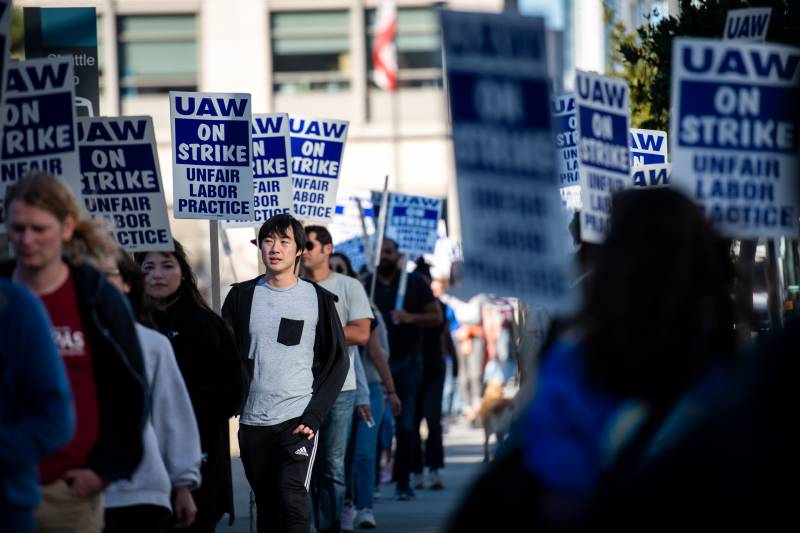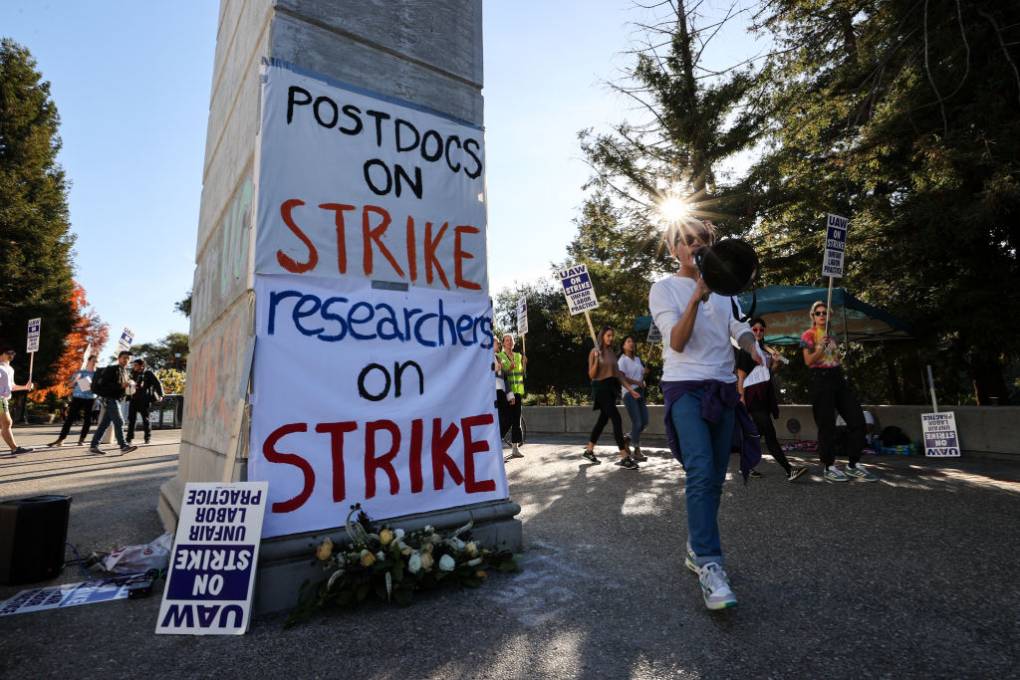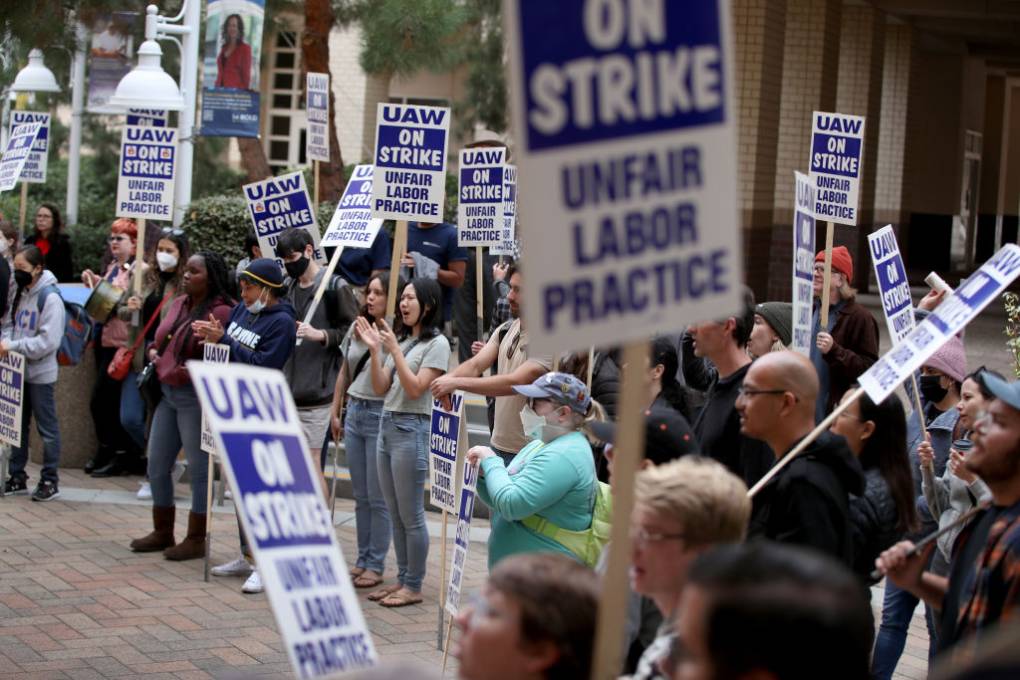On Friday, the university and the union announced that they would enter mediation after failing to reach an agreement with two of the four bargaining units involved in the strike. A timeline for the mediation has not yet been set, but the parties announced Monday that Sacramento Mayor Darrell Steinberg will serve as mediator.
“Darrell Steinberg has developed a reputation as a fair-minded public servant and skilled negotiator who brings people together. I believe Mayor Steinberg is uniquely positioned to help facilitate a fair and reasonable contract that allows us to support our students as they work towards their degrees,” said Michael V. Drake, president of the University of California, in a statement. “Our faculty, students, and staff have shouldered the burden of a strike for far too long. We all know the tremendous impact our graduate student employees make, and it is my hope that with the mayor’s help we can quickly secure a fair deal that honors those contributions.”
Academic workers say they were left with no other choice but to strike to demand wages necessary to keep up with high rent in cities such as Berkeley, San Diego and Los Angeles.
Union leaders have called the strike “historic,” and described it as the largest work stoppage in the history of American higher education. It is being closely watched and could have a ripple effect at schools across the U.S. In the past few days alone, Holloway said he’s heard of academic workers at other universities reaching out for details of the UC postdocs’ new contract, or entering into negotiations in a way that shows the immediate impact of the strike.
“My understanding is that both management and academic worker unions at other universities have been paying attention to our struggle, to what we stand for and what we won,” he said. “So I do believe that there has already been an impact — definitely locally. But people on both sides are also paying attention across the country.”
This story includes reporting from KQED’s Emma Silvers and The Associated Press.



